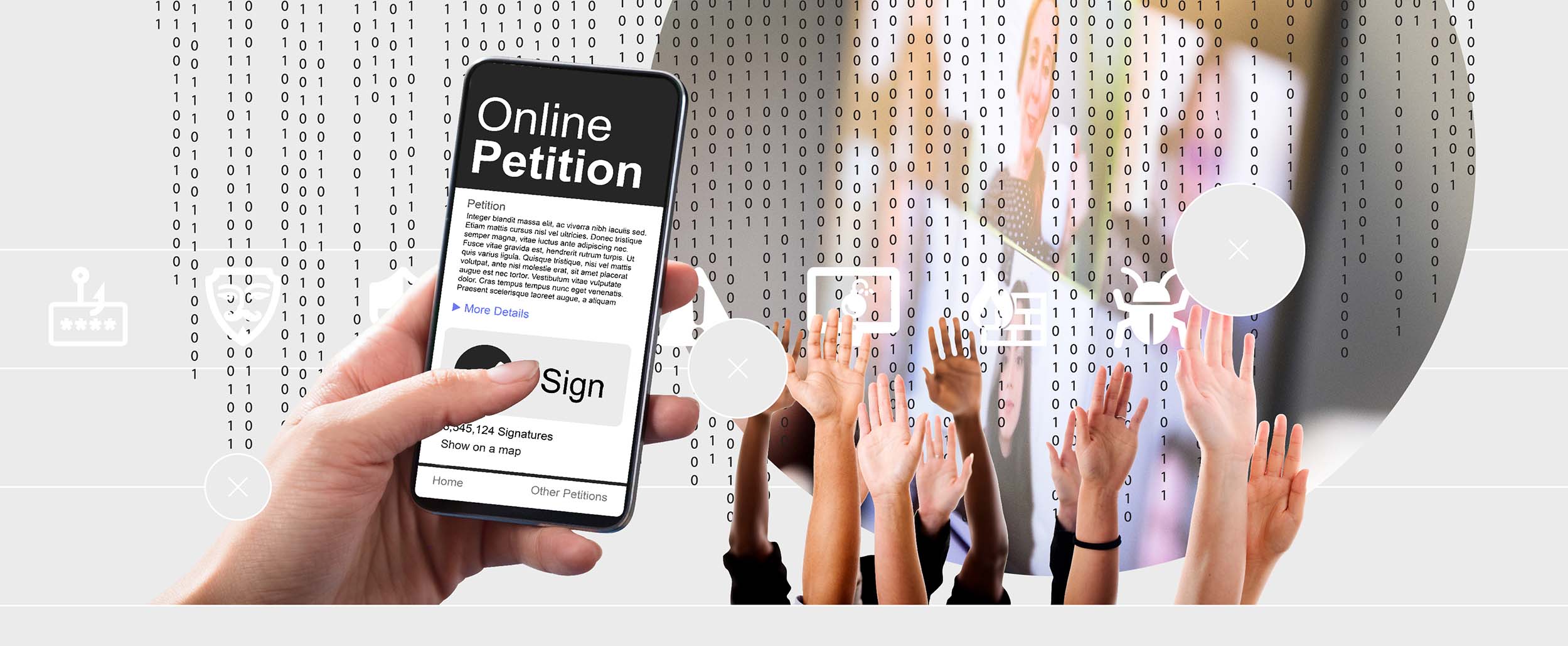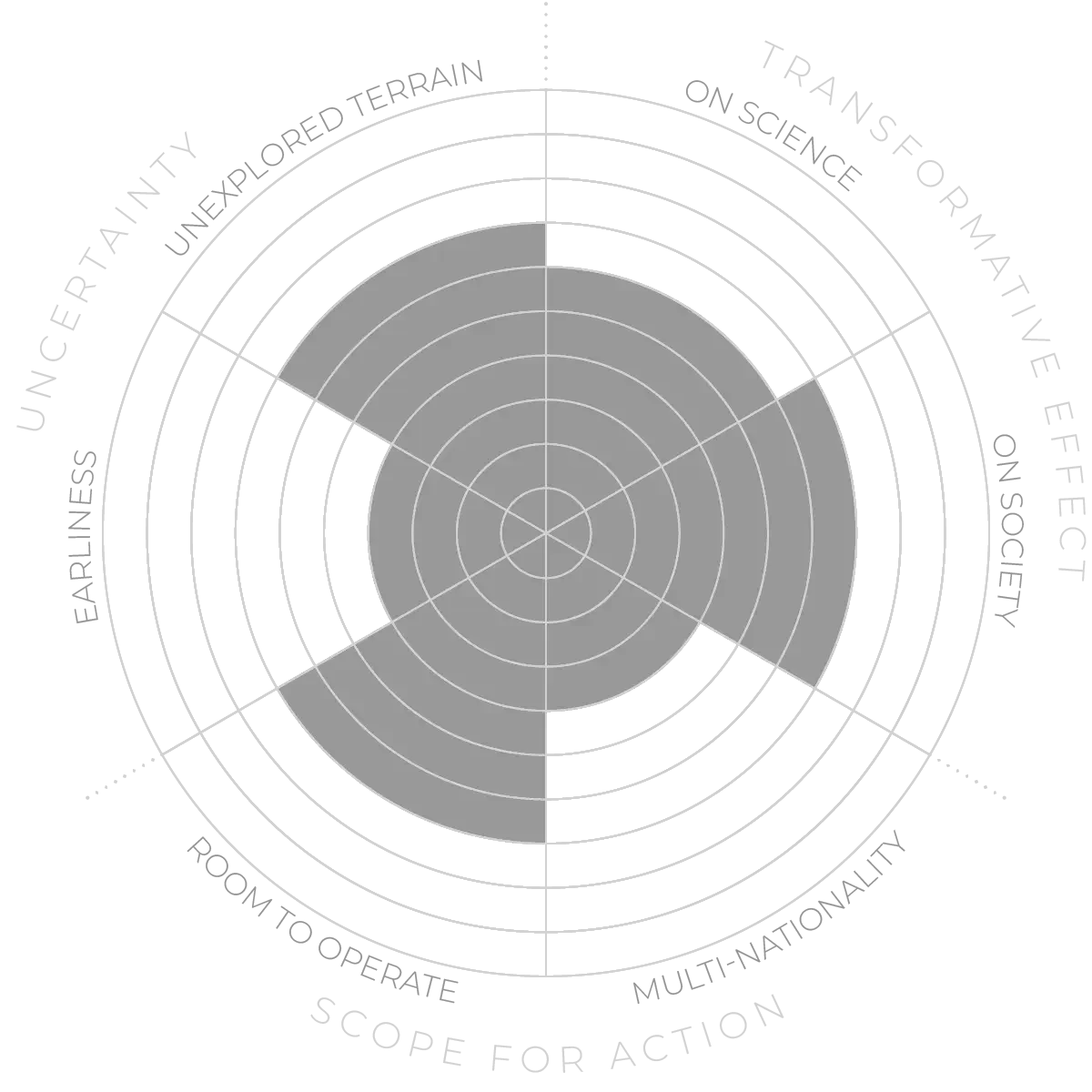One of the challenges for democracy is to engage the widest range of people in its practice and activity. Digital tools offer powerful new ways to do this by offering alternative means for citizens to debate and discuss, to communicate, to find solutions, to allocate resources and, ultimately, to govern.
This creates the potential for dramatic changes in democracy, making it more representative, more efficient and more capable. That said, challenges will remain. Much effort will be needed to engage the broadest range of citizenry so that no groups are disenfranchised, particularly the elderly and technologically disadvantaged. 2 Furthermore, digital tools also open the way for malicious actors to subvert democracy and to undermine society: securing public confidence will require a transparent design and operation of a robust, reliable and trustable, sufficiently participatory framework.



